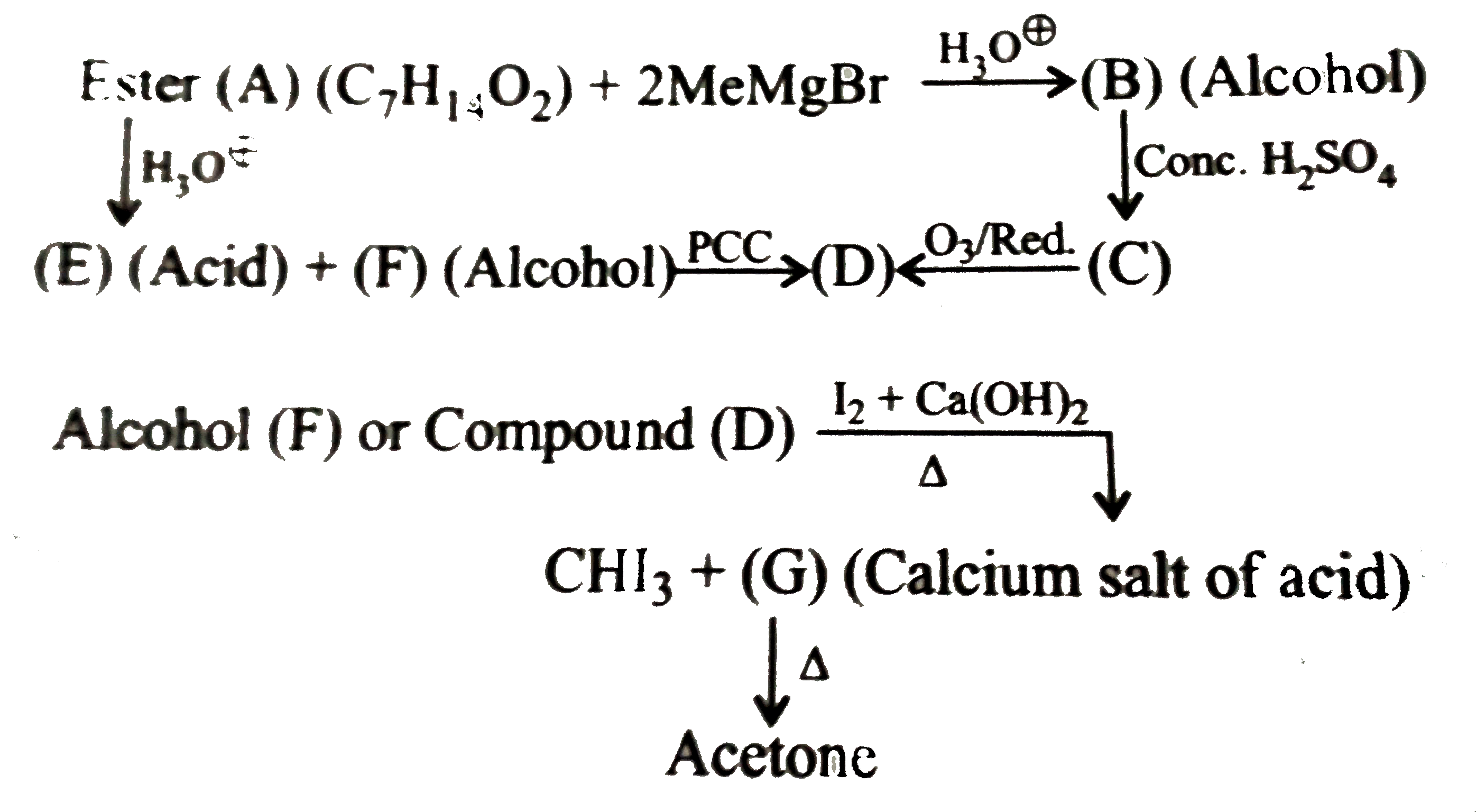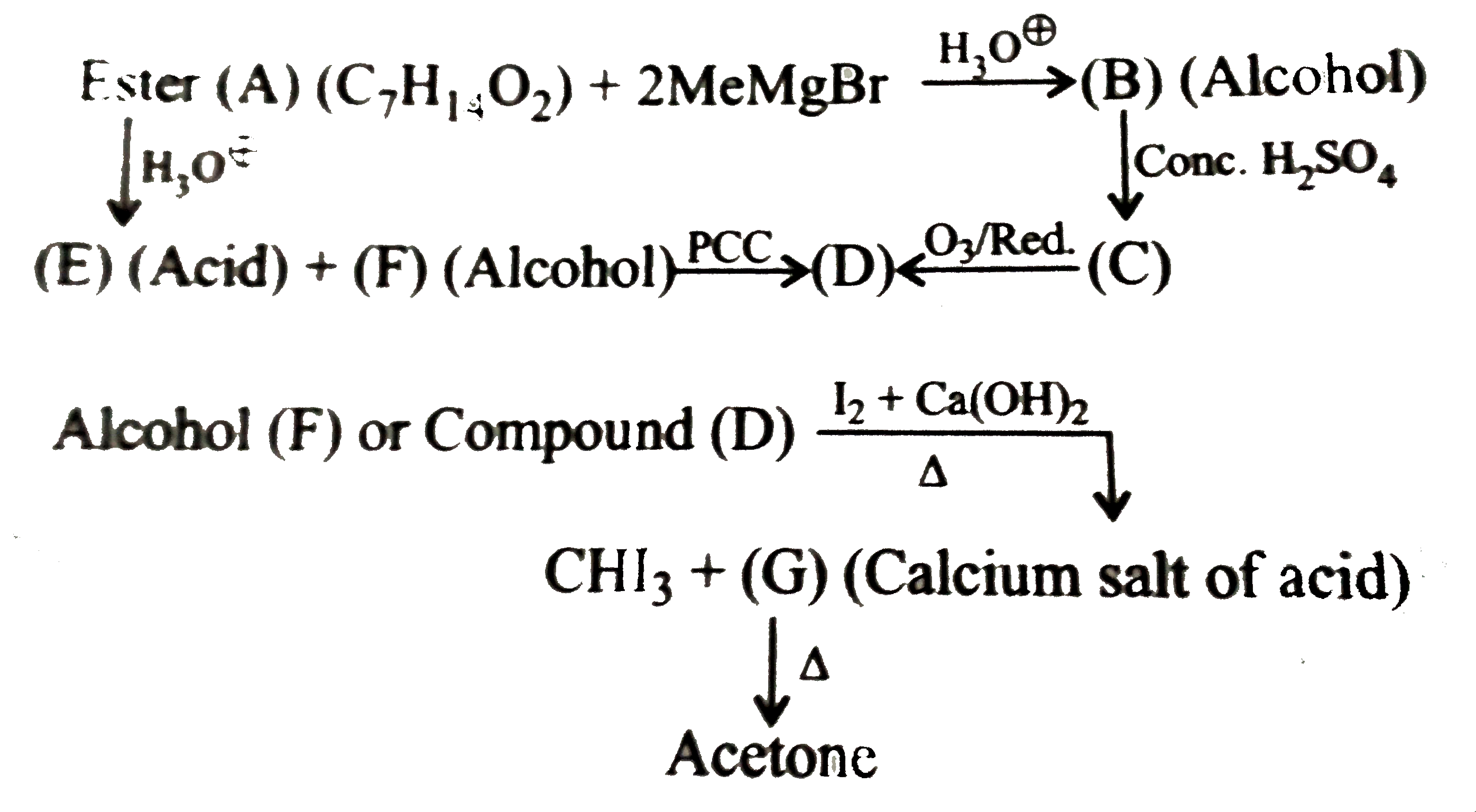Alcohol is the most socially accepted narcotic drug. Consumption of alcohol leads to
State of hallucination
Suppression of breain activity
Loss of memory
Cirrhosis of liver
The correct Answer is:D
Step-by-Step Solution:
1. Understanding Alcohol as a Narcotic Drug:
- Alcohol is classified as a narcotic drug due to its psychoactive effects. It is widely consumed and socially accepted in many cultures.
2. Effects of Alcohol Consumption:
- The question asks about the consequences of alcohol consumption. It is important to note that alcohol affects the brain and body in various ways.
3. Analyzing the Options:
- Option A: State of Hallucination: While alcohol can cause altered perceptions, it is not primarily known for inducing hallucinations.
- Option B: Suppression of Brain Activity: Alcohol does suppress brain activity, but this is not the most severe consequence of long-term use.
- Option C: Loss of Memory: Alcohol can lead to short-term memory loss, especially during intoxication, but again, this is not the most severe outcome.
- Option D: Cirrhosis of Liver: Long-term alcohol consumption is well-known to cause liver damage, specifically cirrhosis, which is the scarring of liver tissue.
4. Understanding Cirrhosis of the Liver:
- Cirrhosis occurs when liver cells are damaged and replaced by fibrous tissue. This process leads to hardening of the liver, which obstructs blood flow and can cause serious complications.
5. Conclusion:
- Based on the analysis, the most significant and severe consequence of long-term alcohol consumption is Cirrhosis of the Liver. Therefore, the correct answer is Option D.
- Alcohol is classified as a narcotic drug due to its psychoactive effects. It is widely consumed and socially accepted in many cultures.
- The question asks about the consequences of alcohol consumption. It is important to note that alcohol affects the brain and body in various ways.
- Option A: State of Hallucination: While alcohol can cause altered perceptions, it is not primarily known for inducing hallucinations.
- Option B: Suppression of Brain Activity: Alcohol does suppress brain activity, but this is not the most severe consequence of long-term use.
- Option C: Loss of Memory: Alcohol can lead to short-term memory loss, especially during intoxication, but again, this is not the most severe outcome.
- Option D: Cirrhosis of Liver: Long-term alcohol consumption is well-known to cause liver damage, specifically cirrhosis, which is the scarring of liver tissue.
- Cirrhosis occurs when liver cells are damaged and replaced by fibrous tissue. This process leads to hardening of the liver, which obstructs blood flow and can cause serious complications.
- Based on the analysis, the most significant and severe consequence of long-term alcohol consumption is Cirrhosis of the Liver. Therefore, the correct answer is Option D.
Topper's Solved these Questions
Similar Questions
Excessive consumption of alcohol is
View Solution
Alcohol (B) is :
View Solution
Alcohol (F) is :
View SolutionPower alcohol is :
View SolutionExcessive consumption of alcohol results in
View SolutionAlcohol addiction
View SolutionWhat is the medicinal use of narcotic drugs ?
View SolutionEthanol is used on a large scale at commercial level. This is very useful chemical. It is commonly called alcohol and is the active ingredient of alcoholic drinks. But consumption of alcohol also causes drunkennes and this practice is socially condemned.
Read the text given and answer the following questions
(a) Give two chemical properties of ethanol
(b) As a responsible student of the class, what steps would you take to discourage the use of alcohol ?
View SolutionDrinking alcohol
View SolutionAlcohols and ethers are
View Solution
